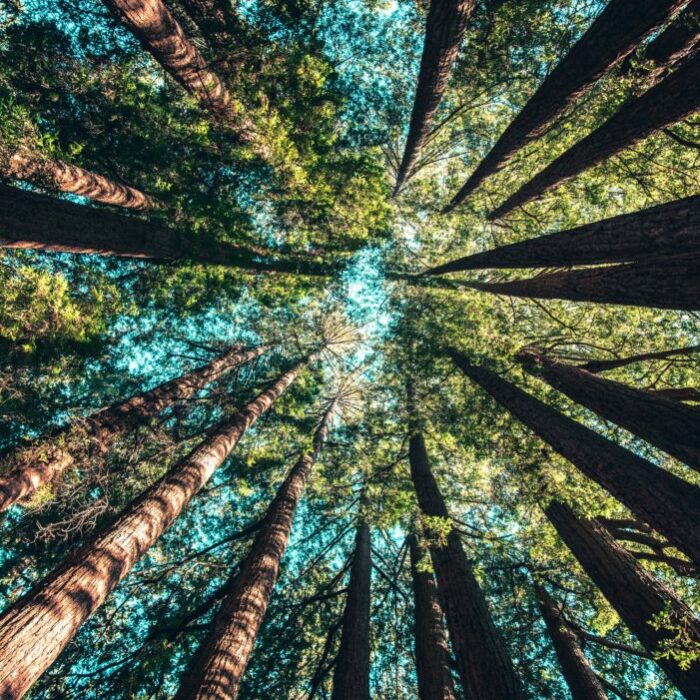Our Mission
Wild Heritage works to safeguard ecosystem integrity around the world by:
- Advocating for primary forest protection and ecological restoration
- Protecting wilderness, in particular via the World Heritage Convention


Primary (“old growth”) forests are unique and irreplaceable ecosystems, essential to solving both the climate change and species extinction crises, and critical to human well-being around the world.
We are running out of time to avoid catastrophic climate change and address an accelerating extinction crisis. Industrial activity has not proven sustainable in primary forests, even with best practices: we urgently need to protect what’s left!
Cyril Kormos
Founder/Executive Director Wild Heritage